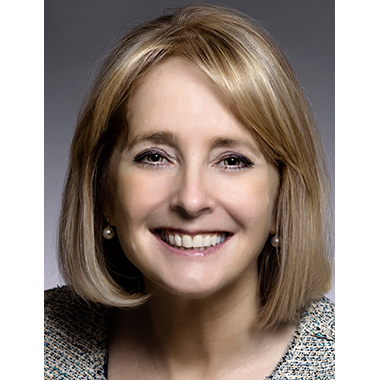

Stefano Vicenzetto, Design Systems Engineer at Flex, shares his insights on how Circular Economy principles can be applied within the MedTech industry to reduce environmental impact by shifting away from the linear take, make and waste approach.

Stefano Vicenzetto, Design Systems Engineer at Flex, shares his insights on how Circular Economy principles can be applied within the MedTech industry to reduce environmental impact by shifting away from the linear take, make and waste approach.

The guidance provides a framework that manufacturers can use to show that physics-based or mechanistic computational models used to support regulatory submissions are credible.

The growth of the medical device industry brings increased competition and a need to find ways to become more efficient and cost-competitive, without compromising quality. In this column, Doug Donahue, Director of Foreign Direct Investment and Manufacturing for Guanajuato’s Medical Device Cluster and co-managing partner of Entrada Group, discusses the benefits, challenges and opportunities available for companies investigating Mexico as a manufacturing site.

For life sciences companies seeking to develop, deploy and successfully commercialize digital health products and solutions, the pathway to success can have many twists, turns and roadblocks. This article examines some of the major challenges to bringing digital health products to market and explores potential opportunities to ease the journey.

Excess humidity can affect a pharmaceutical’s structure, chemical stability and dissolving rate, and this moisture can come in contact with product at multiple points throughout production and shipping. Fortunately, new technologies are making it easier for manufacturers and shippers to detect and reduce moisture before it damages their products.

Supply chain challenges and the move to advanced manufacturing are two key issues affecting the Medtech industry. On November 7-9, MedTech Intelligence will be hosting the MedTech Advanced Manufacturing Conference and Supply Chain Summit, in partnership with Axendia, Inc. The two events will run back-to-back with registration options available for each program as well as a discounted rate for professionals who would like to attend both programs.

RFID and IoT technologies can strengthen the medical device supply chain and improve workflows. The following real-life examples illustrate the benefits that can be achieved.

Maria Shepherd, president and founder of Medi-Vantage and co-founder of MedExecWomen, discusses her career in the medical device industry, what led her to launch her own company and the joy of “finding her tribe” among fellow female executives committed to bringing up the next generation of women leaders in MedTech.

As technology component pricing continues to rise, MedTech manufacturers are applying proven methods and exploring new approaches to maintain profitability and extend product lifecycles.

“We are pleased to expand our board of directors with two highly qualified executives from different sectors of the healthcare industry.”